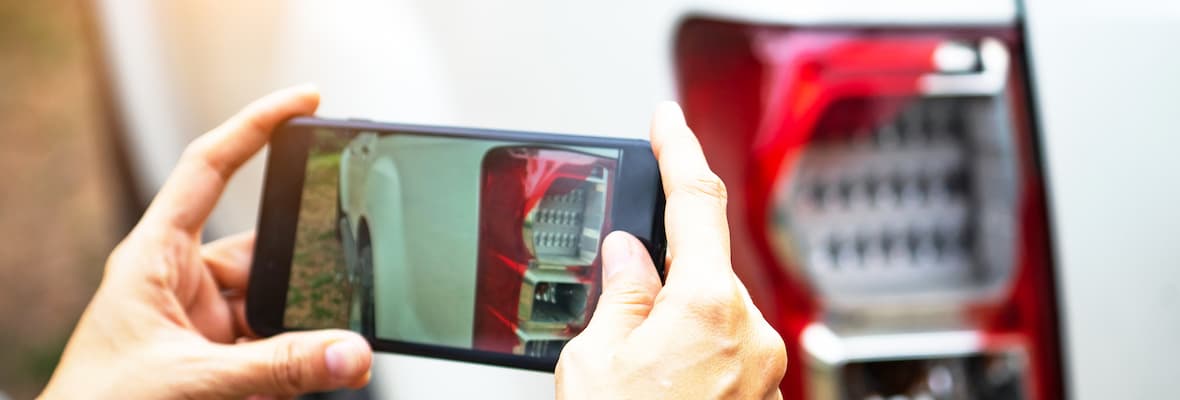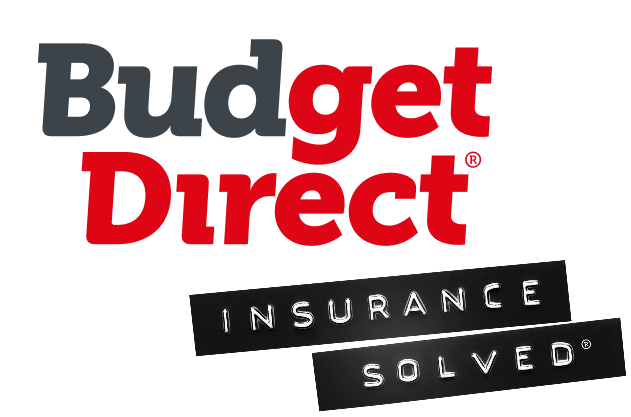Related articles
- 9 road safety tips for your teen learner driver
- Distracted driving facts
- 5 simple ways to make your car safer
- How to safely share the road with non-motorists
- 9 tips for staying safe in service stations
- Child car seat laws and regulations
- How to reduce the risks to children of reversing cars
- Licensing of older drivers in Australia
- The must have car safety features in modern cars
- What cars have ISOFIX in Australia?
- ANCAP safety ratings explained
- How to reverse park
- How to Avoid or Minimise Hail Damage to Your Car
- School road safety tips for families
- Staying safe in your car
- Using mirrors correctly to eliminate blind spots
- How to choose, install & adjust your children’s car seats
- Driving safety tips
- Give way rules - Who goes first?
- Sharing the road safely with heavy vehicles
- Do you know your road signs?
- What you should do in the event of a crash with wildlife
- How to drive safely in wet weather
- Why are young drivers considered high risk?
- Which Australian state has the strictest road rules?
- 10 Obscure road rules you didn’t know existed in Australia
- Which states and cities in Australia have the most motor vehicle thefts?
- Learner Driver Restrictions Australia
- Learning How to Drive
- Supervising a Learner Driver: What are the rules?
- Electric Scooter Laws in Australia
Disclaimer: This information is general in nature only. While Budget Direct has endeavoured to ensure the information we’ve relied on is accurate and current, we do not guarantee it. Budget Direct accepts no liability for this information.
Experiencing a car accident can come as a major shock to everyone and it can be difficult to know exactly what to do after the accident.
Knowing what to do in the moment will help to ensure that the incident is addressed properly, and that all the relevant information is collected in a timely manner.
Should you have an accident, use this guide to help you remember what to do immediately. We’ve also created a handy PDF you can print or save as a bookmark in your browser.
Ensure your safety
Stop your vehicle to assess the damage and ensure that everyone involved is safe. If you end up in an unsafe location near traffic, turn off your ignition and switch on your hazard lights. Only then can you move your car off the road if safe to do so.
If someone is injured or there is major damage to either vehicle call 000 for assistance from an ambulance or the police.
Collect information
If you are involved in a traffic accident, by law you must stop and provide your personal details to the other driver, all persons involved in the accident as well as anyone whose property was damaged as a result of the accident.
Failing to do so, and leaving the scene of an accident, is a criminal offence in QLD. This is also the case across all other Australian states.
By law the other driver must provide you with their:
- Name
- Phone Number
- Address
- Registration number
- Insurer
Additionally you can also collect:
- Their driver's licence number (or some form of government issued ID)
- The make/model/colour of the car
- The vehicle owner’s name
- The vehicle owner’s address
And if the other driver refuses or fails to give you any details at the scene of the accident then you should call the police as soon as you can. They’ll follow it up.
You should write down the date, location, and nearest cross street to the accident as soon as you can. As time passes sometimes these details can become harder to remember. It also helps to get details from anyone who has witnessed the accident first hand.
As long as it’s safe to do so, it’s also recommended that you take photos to document the accident scene and show the full extent of the damage.
Budget Direct’s car accident guide is available for when you need help remembering exactly what to do immediately after an accident. In case of an accident you can utilise this guide to call for help and collect all of the necessary information from other drivers with easy-to-follow step-by-step instructions.
Order a tow truck
If your car is undriveable then you’ll need to arrange a tow truck. While you can do this yourself, you can also ask your insurer (as long as you are covered) to arrange a tow truck for your car. Make sure to remove any valuables from your car before it’s towed away.
If you’re a comprehensive car insurance policy holder with Budget Direct we’ll cover the cost of towing your car to the nearest repairer or place of storage if it’s unsafe to drive as a result of accidental damage.
Call your insurance provider
Remember to contact your insurance provider at the earliest opportunity to ensure that your claim is processed as soon as possible. You should also act quickly so that you can relay any relevant information that is still fresh in your mind.
Whether you think you’re at fault or not, you should gather all contact information from any witnesses including their name and phone number. It’s important that you collect as much evidence to support what happened as possible. This will help both driver’s insurers determine who was at fault.
If another driver accuses you of causing an accident it’s best to let them know that you’ll leave this to both insurers to sort out.
How to make a car insurance claim
With Budget Direct you can either lodge your claim online and book an assessment of your vehicle’s damage or call us on 1300 139 591 and a member of our team will help you lodge your claim over the phone.
Related articles
- 9 road safety tips for your teen learner driver
- Distracted driving facts
- 5 simple ways to make your car safer
- How to safely share the road with non-motorists
- 9 tips for staying safe in service stations
- Child car seat laws and regulations
- How to reduce the risks to children of reversing cars
- Licensing of older drivers in Australia
- The must have car safety features in modern cars
- What cars have ISOFIX in Australia?
- ANCAP safety ratings explained
- How to reverse park
- How to Avoid or Minimise Hail Damage to Your Car
- School road safety tips for families
- Staying safe in your car
- Using mirrors correctly to eliminate blind spots
- How to choose, install & adjust your children’s car seats
- Driving safety tips
- Give way rules - Who goes first?
- Sharing the road safely with heavy vehicles
- Do you know your road signs?
- What you should do in the event of a crash with wildlife
- How to drive safely in wet weather
- Why are young drivers considered high risk?
- Which Australian state has the strictest road rules?
- 10 Obscure road rules you didn’t know existed in Australia
- Which states and cities in Australia have the most motor vehicle thefts?
- Learner Driver Restrictions Australia
- Learning How to Drive
- Supervising a Learner Driver: What are the rules?
- Electric Scooter Laws in Australia



